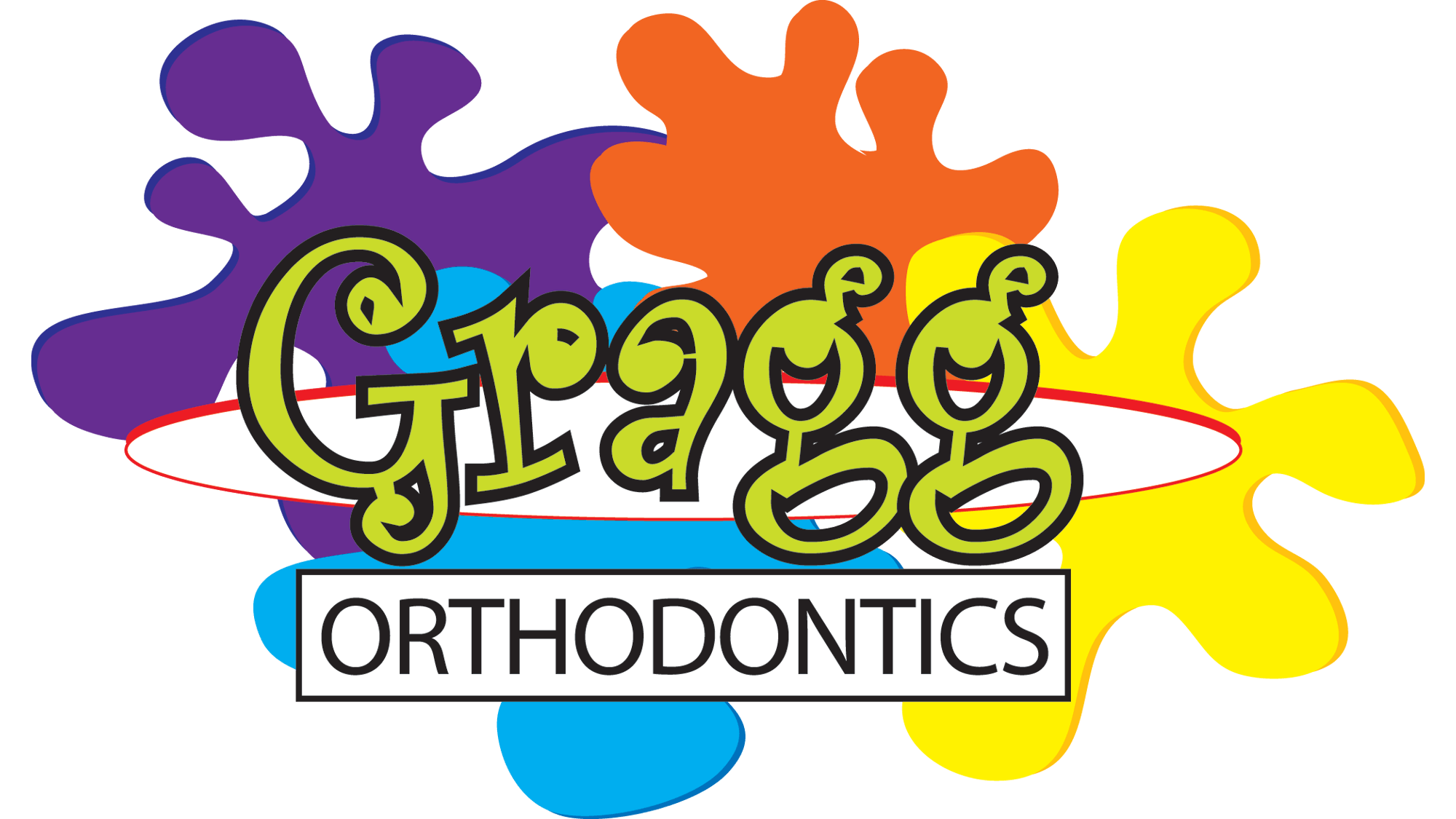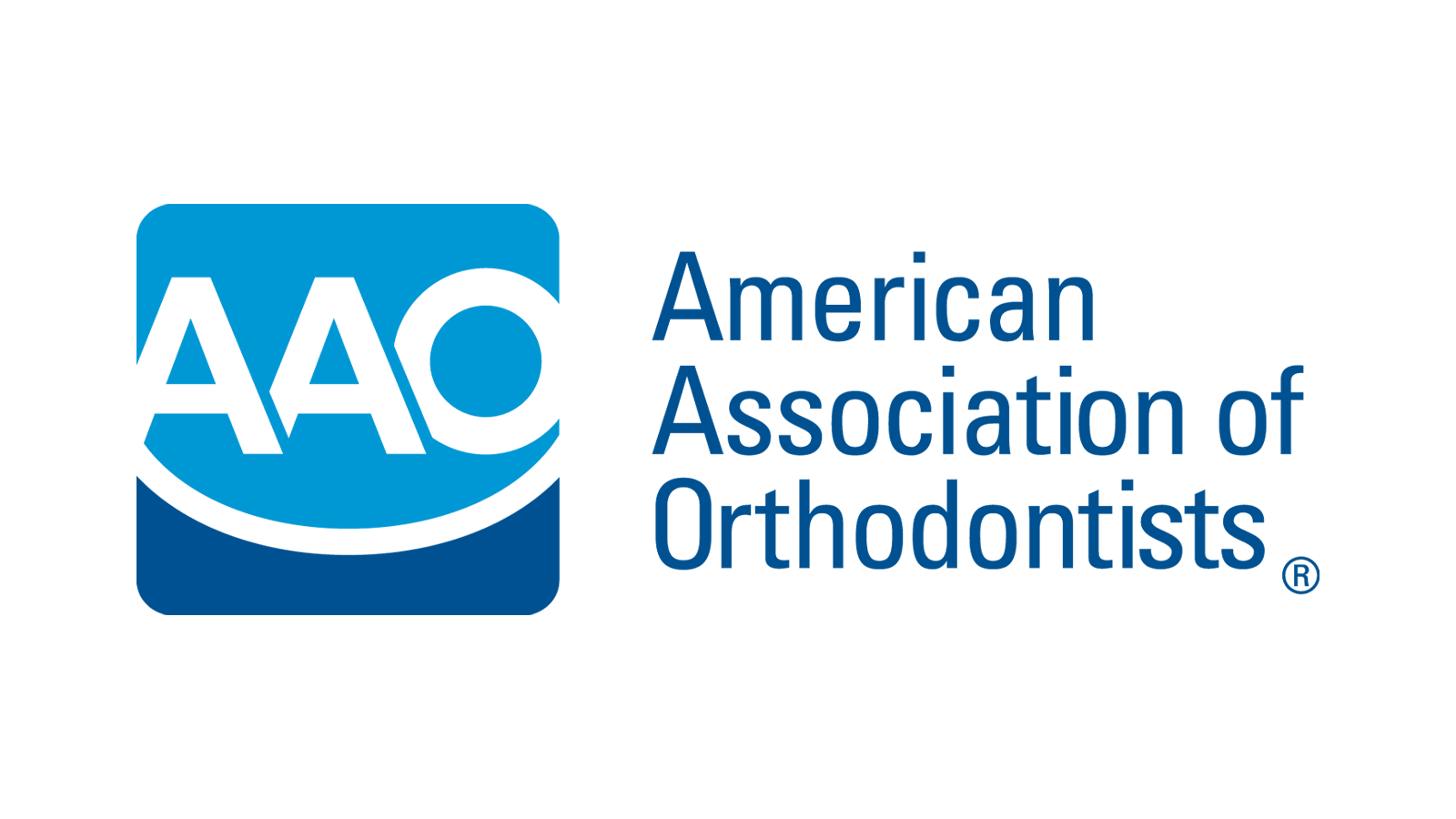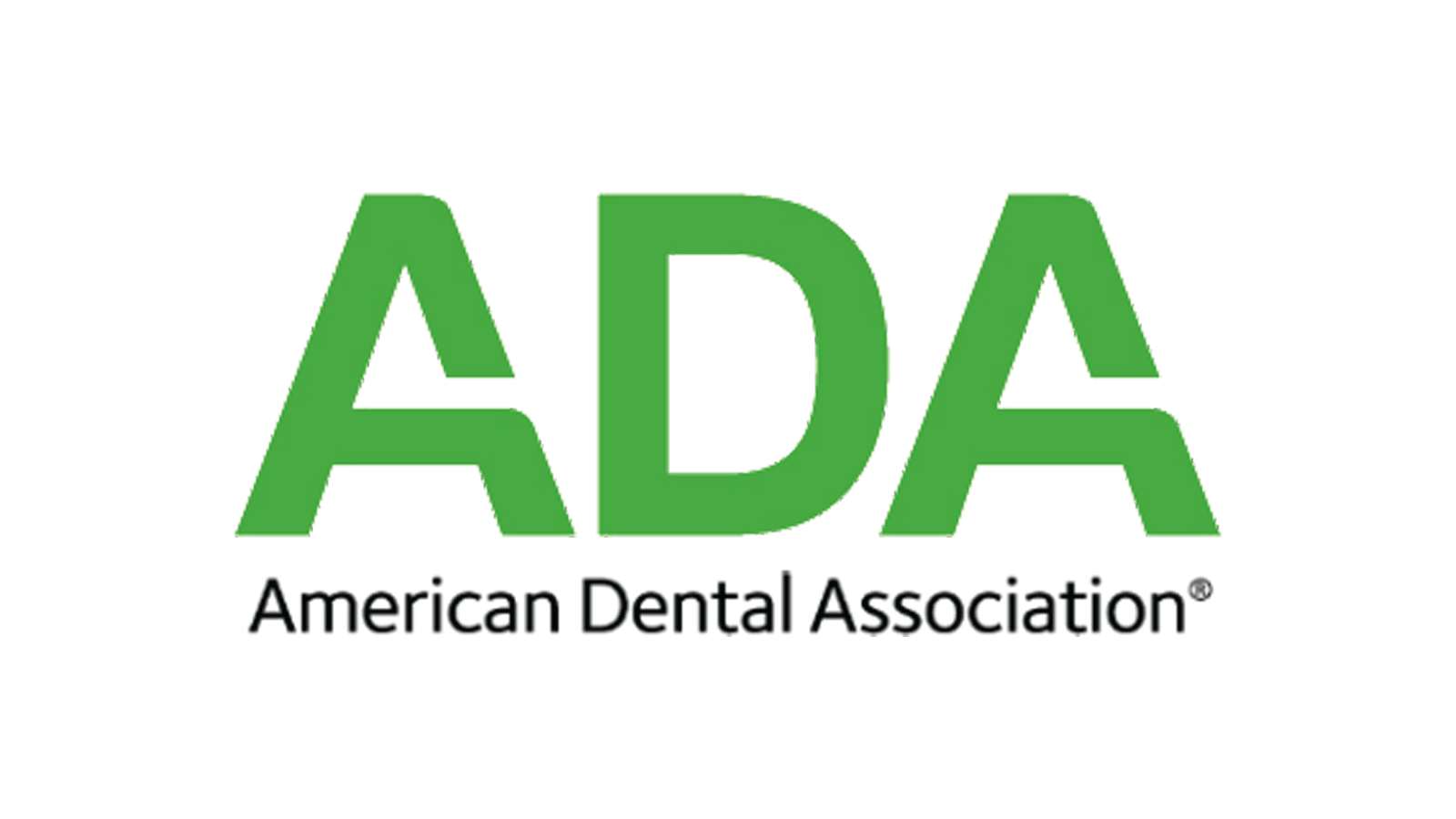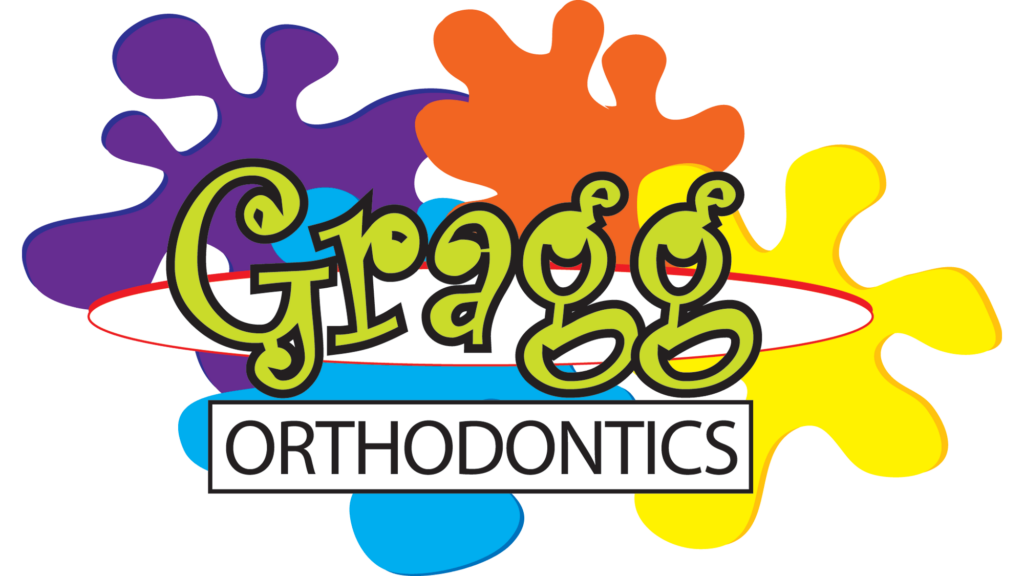Maintaining proper oral hygiene is crucial at any stage of life, but it becomes even more important when you have braces. Braces are an excellent tool for straightening teeth, but they also create a perfect environment for plaque and food particles to accumulate. If brushing isn’t done effectively, it can lead to serious dental problems that can hinder your orthodontic treatment—and your overall oral health.
Whether you’re just starting your braces journey or you’ve had them for a while, understanding the effect of not brushing your teeth with braces can be the motivation you need to stay on track.
Effects of Not Brushing Teeth with Braces
Failing to brush your teeth properly when wearing braces can lead to a series of issues that can prolong treatment or even cause permanent damage.
Here’s what you risk:
1. Plaque Buildup and Tartar
The brackets and wires of braces make it easier for food particles to stick to your teeth. Without regular and effective brushing, plaque—a sticky film of bacteria—can build up quickly.
Over time, this plaque hardens into tartar, which is far more difficult to remove and requires professional cleaning.
2. Tooth Decay
When plaque isn’t removed, the bacteria begin producing acids that attack your tooth enamel, leading to cavities.
Cavities can form around the brackets or in harder-to-reach areas, requiring additional dental treatment during or after orthodontic care.

3. Gum Disease
Neglected oral hygiene can lead to gingivitis, the earliest stage of gum disease. Symptoms include swollen, red, or bleeding gums.
If untreated, this could progress to periodontitis, a more severe gum disease that can jeopardize your teeth, jawbone, and even your braces.
4. Stains and White Spots
Demineralization occurs when plaque remains on your teeth for too long, leading to white spots (or worse, discoloration) appearing on your teeth.
These marks can be permanent, leaving a patchy appearance once the braces are removed.
5. Prolonged Treatment Time
When oral issues like cavities or gum disease arise, they can set your treatment timeline back.
An Orthodontist may need to pause adjustments or remove braces temporarily to address severe dental health problems.
6. Unnecessary Pain and Discomfort
Poor oral hygiene can make your mouth more sensitive and prone to infections, making the braces-wearing experience far more painful and inconvenient than it needs to be.
Importance of Proper Brushing Techniques
Keeping your teeth clean with braces is challenging but necessary. Not brushing your teeth with braces can affect your treatment progress and, more importantly, your overall dental health. To avoid these issues, here are some essential tips for proper brushing with braces:
- Brush After Every Meal: Regular toothpaste and a soft-bristled toothbrush are essential. Angle the brush at 45 degrees and gently clean in circular motions around the brackets and along the gumline.
- Use Interdental Brushes: These small brushes are designed to slide between your brackets and under the wires, removing stubborn debris.
- Floss Daily with a Floss Threader: Yes, flossing takes longer when you have braces, but it’s non-negotiable. A floss threader helps you maneuver beneath wires for effective cleaning between teeth.
- Rinse with a Fluoride Mouthwash: A fluoride rinse not only strengthens your teeth but also prevents cavities and reduces plaque build-up.
Tips for Maintaining Oral Hygiene with Braces
To make oral hygiene easier, incorporate these tips into your routine:
- Avoid Sticky and Sugary Foods: Foods like caramel, taffy, and hard candies can stick to your braces and are difficult to remove. These foods also increase your risk of cavities.
- Use a Water Flosser: Water flossers are a game-changer for people with braces, helping to flush out debris from around brackets and wires.
- Carry a Travel Dental Kit: Brush and floss after every meal—even when you’re on the go. Keeping a travel-sized toothpaste, toothbrush, and floss in your bag ensures you’ll never skip a cleaning.
- Visit Your Orthodontist Regularly: Routine orthodontic appointments allow your provider to monitor your progress and ensure your braces stay in top shape. Don’t forget to schedule regular cleanings with your dentist as well.
- Stay Consistent: Consistency is key. Make oral hygiene a habit, and set reminders if necessary.
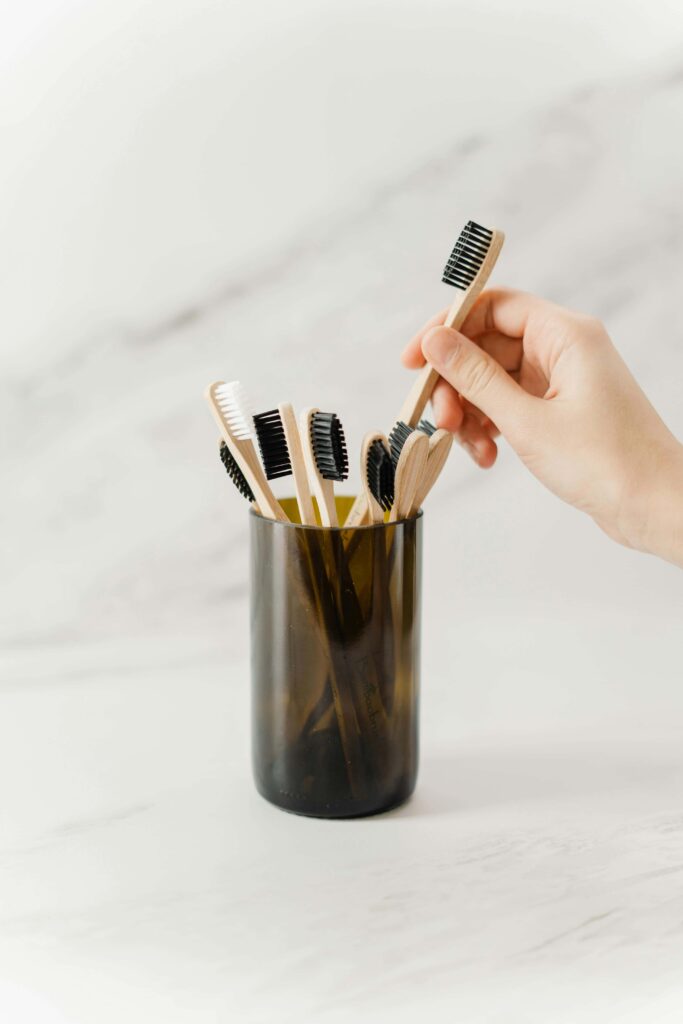
Frequently Asked Questions (FAQ)
Q:: How often should you brush your teeth with braces?
A: You should brush your teeth at least twice a day, but after every meal is ideal to ensure plaque and food particles are removed promptly.
Q: What are the effect of not brushing your teeth with braces?
A: Not brushing properly with braces can lead to plaque buildup, tooth decay, gum disease, stains and white spots, prolonged treatment time, and unnecessary pain and discomfort.
Q: Can you use a regular toothbrush with braces?
A: Yes, but it’s recommended to use a soft-bristled brush and to replace your toothbrush more frequently than usual. An electric toothbrush may also be helpful in removing plaque around brackets and wires.
Commitment to a Healthier Smile
Proper oral hygiene is non-negotiable when you have braces—it’s the foundation for a healthy, stunning smile. The effects of not brushing your teeth with braces are clear. It can lead to serious dental problems, extended treatment time, and long-lasting damage to your teeth.
At Gragg Orthodontics, we’re committed to helping you maintain a healthy smile throughout your braces journey. Our expert team can provide professional guidance on oral hygiene techniques and offer support to ensure your teeth stay healthy and strong.
Your smile deserves the best care possible. If you have any questions or concerns about your braces or oral hygiene routine, schedule an appointment with Gragg Orthodontics today. We’re here to help you achieve the smile you’ve always dreamed of!
